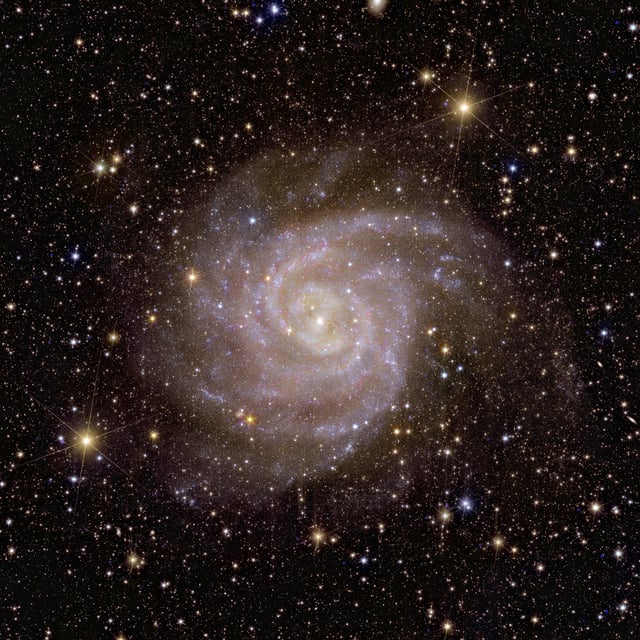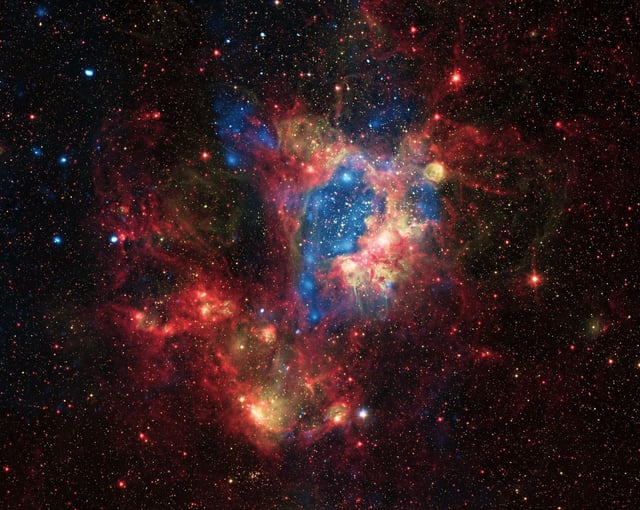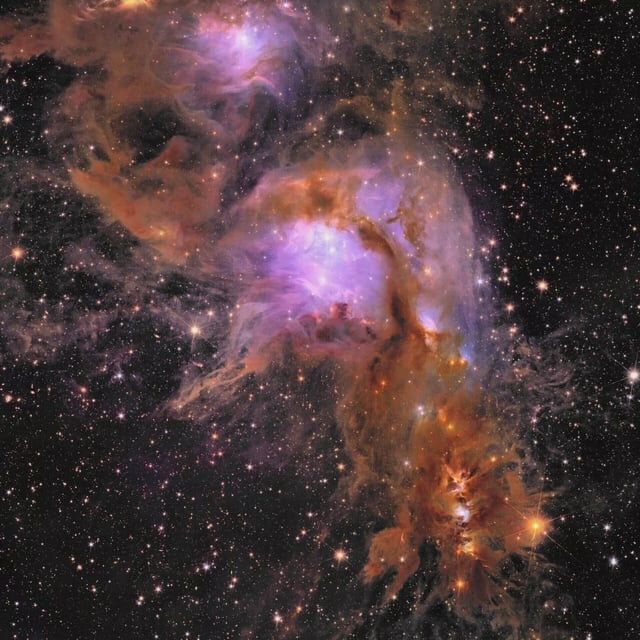Overview
- New research shows that Hawking-like radiation applies to all massive objects, not just black holes, causing universal evaporation over time.
- The study calculates that white dwarfs, the universe's most persistent celestial bodies, will decay in 10^78 years, drastically revising previous estimates of 10^1100 years.
- Neutron stars and stellar black holes, despite differing gravitational fields, are predicted to evaporate on the same timescale of 10^67 years due to density-based decay rates.
- The findings unify cosmic lifecycles by demonstrating that an object's evaporation time depends solely on its density, reshaping long-term cosmic forecasts.
- Published in the Journal of Cosmology and Astroparticle Physics, the study builds on Stephen Hawking's 1975 theory, expanding its implications to include all gravitating objects.



